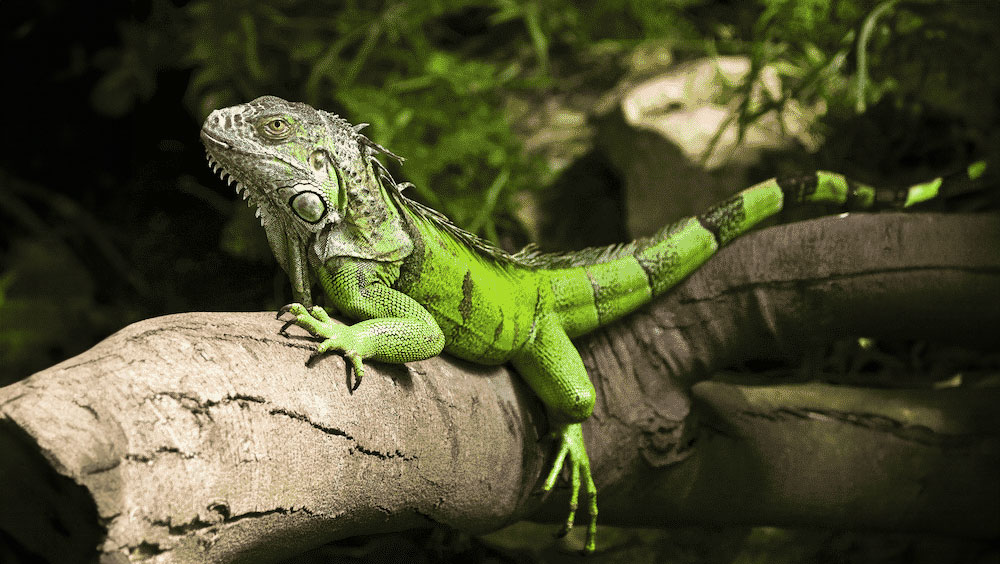Iguanas are fascinating reptiles that require a specialized diet to stay healthy. If you're wondering, *What do iguanas eat?*, this guide will help you understand their dietary needs and the best foods to provide. A balanced diet is essential for their longevity, growth, and overall well-being. In this article, we will explore what iguanas eat and how to care for their nutrition properly.
Understanding An Iguana’s Natural Diet
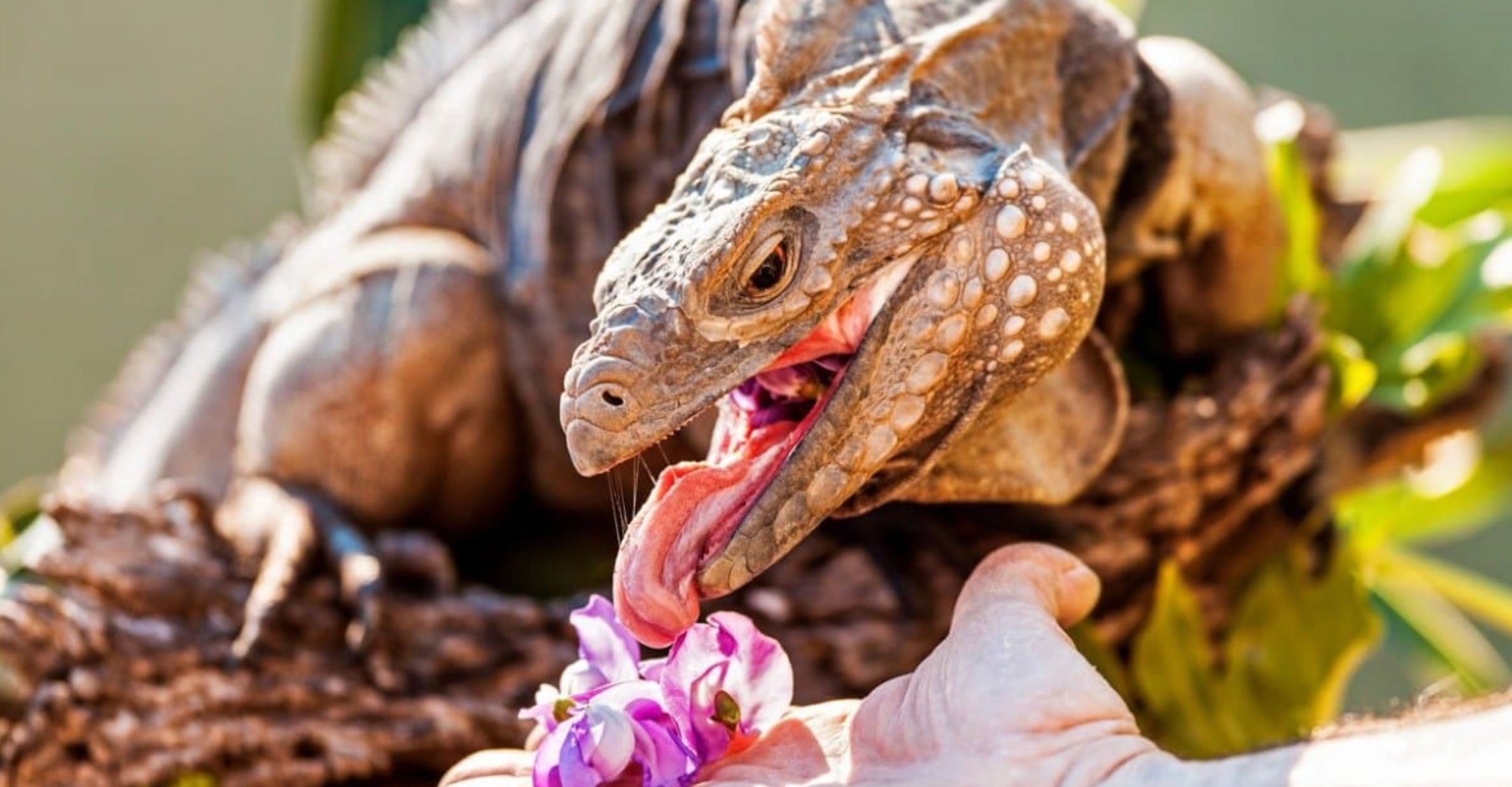
Iguanas are herbivores, meaning they eat only plant-based foods. In the wild, they primarily consume leaves, flowers, and fruits. Their digestive systems are designed to process fibrous plant material efficiently. Unlike some other reptiles, iguanas do not eat meat or insects, as their bodies cannot metabolize protein-rich diets properly. Feeding them foods that mimic their natural diet ensures they stay healthy..
Leafy Greens: A Staple In An Iguana's Diet
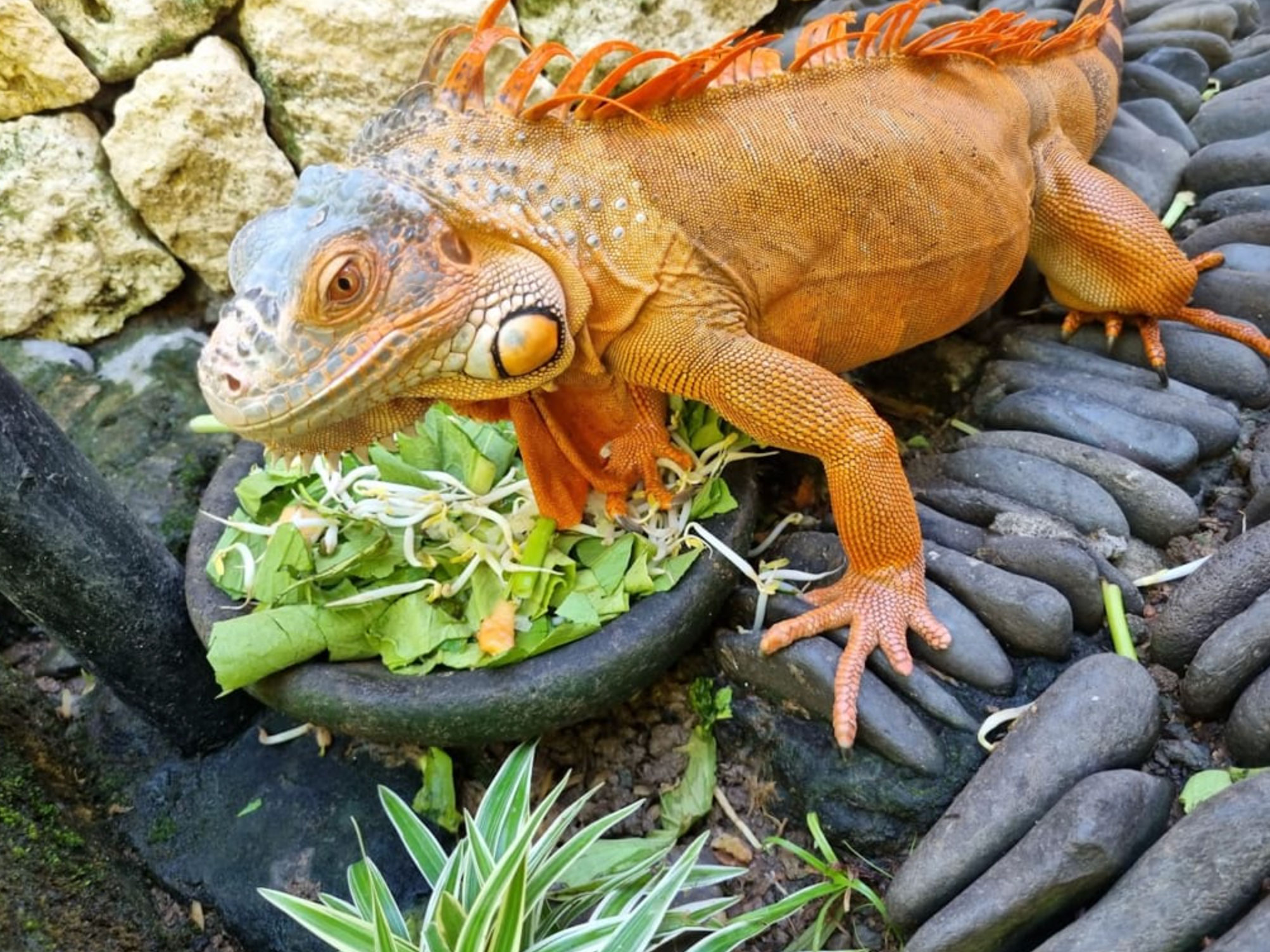
One of the most important components of an iguana’s diet is leafy greens. Foods such as collard greens, mustard greens, dandelion greens, and turnip greens provide essential vitamins and minerals. Avoid feeding your iguana spinach or iceberg lettuce, as these do not offer the same nutritional benefits. Leafy greens should constitute about 70-80% of their diet..
Vegetables To Include In Their Diet
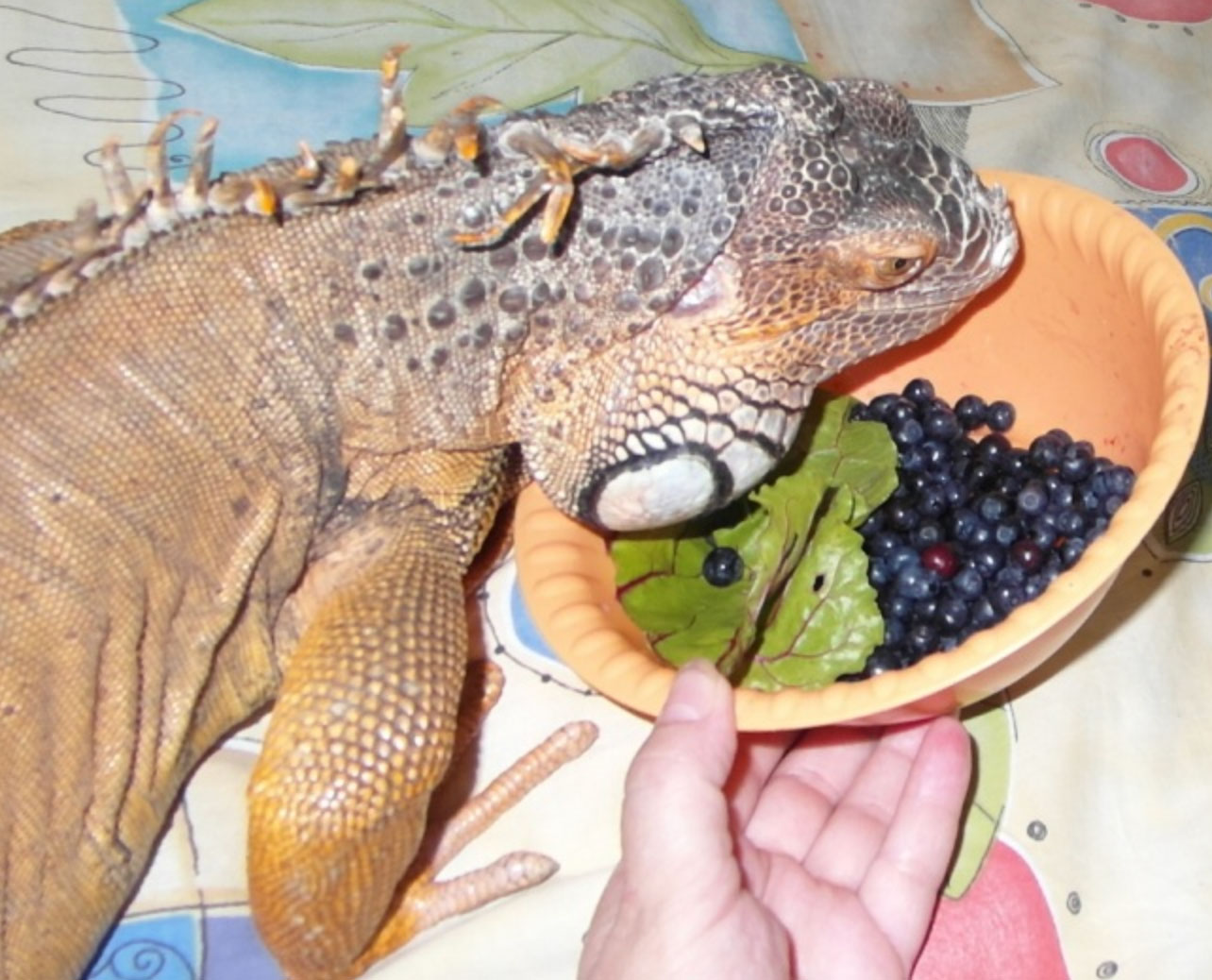
In addition to leafy greens, iguanas benefit from a variety of vegetables. Bell peppers, squash, zucchini, and carrots are excellent choices. These vegetables provide additional vitamins and minerals necessary for growth and immune system support. Always chop vegetables into small, manageable pieces to prevent choking hazards..
Fruits As Occasional Treats
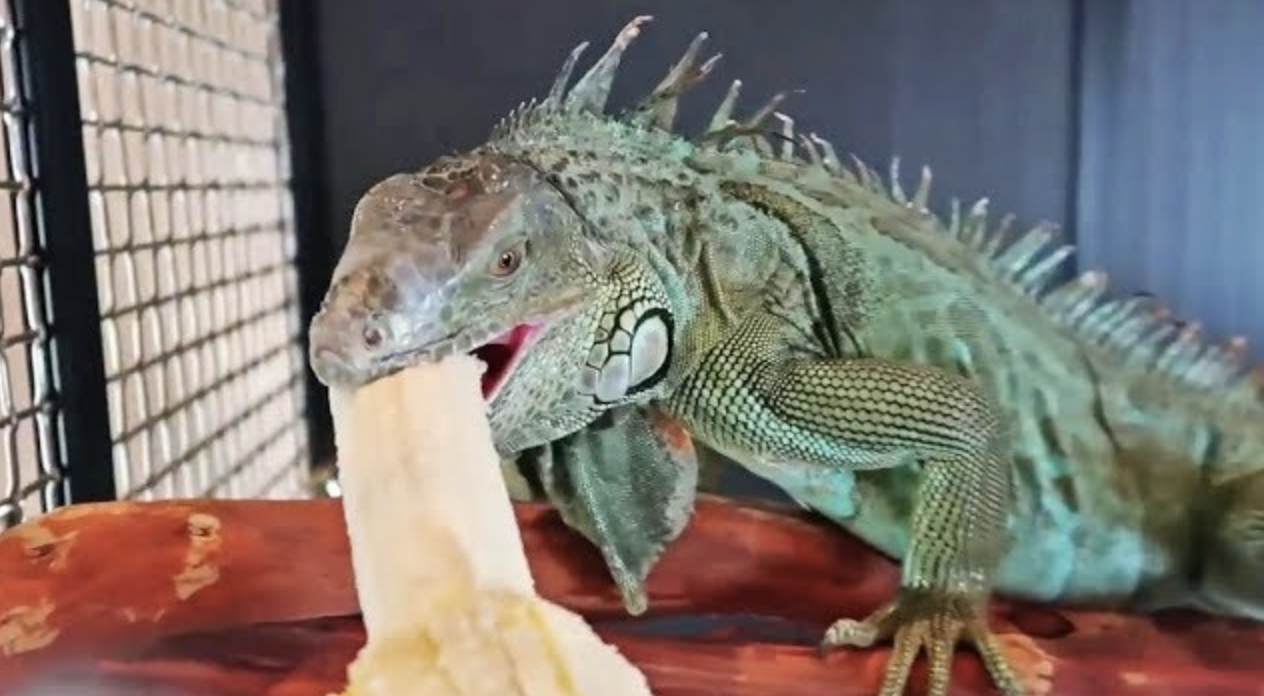
Fruits should be given to iguanas in moderation due to their sugar content. Safe fruits include mangoes, papayas, berries, and bananas. These provide important vitamins and hydration but should only make up about 10-15% of their diet. Too much fruit can lead to digestive issues and obesity in captive iguanas..
Foods To Avoid Feeding Your Iguana
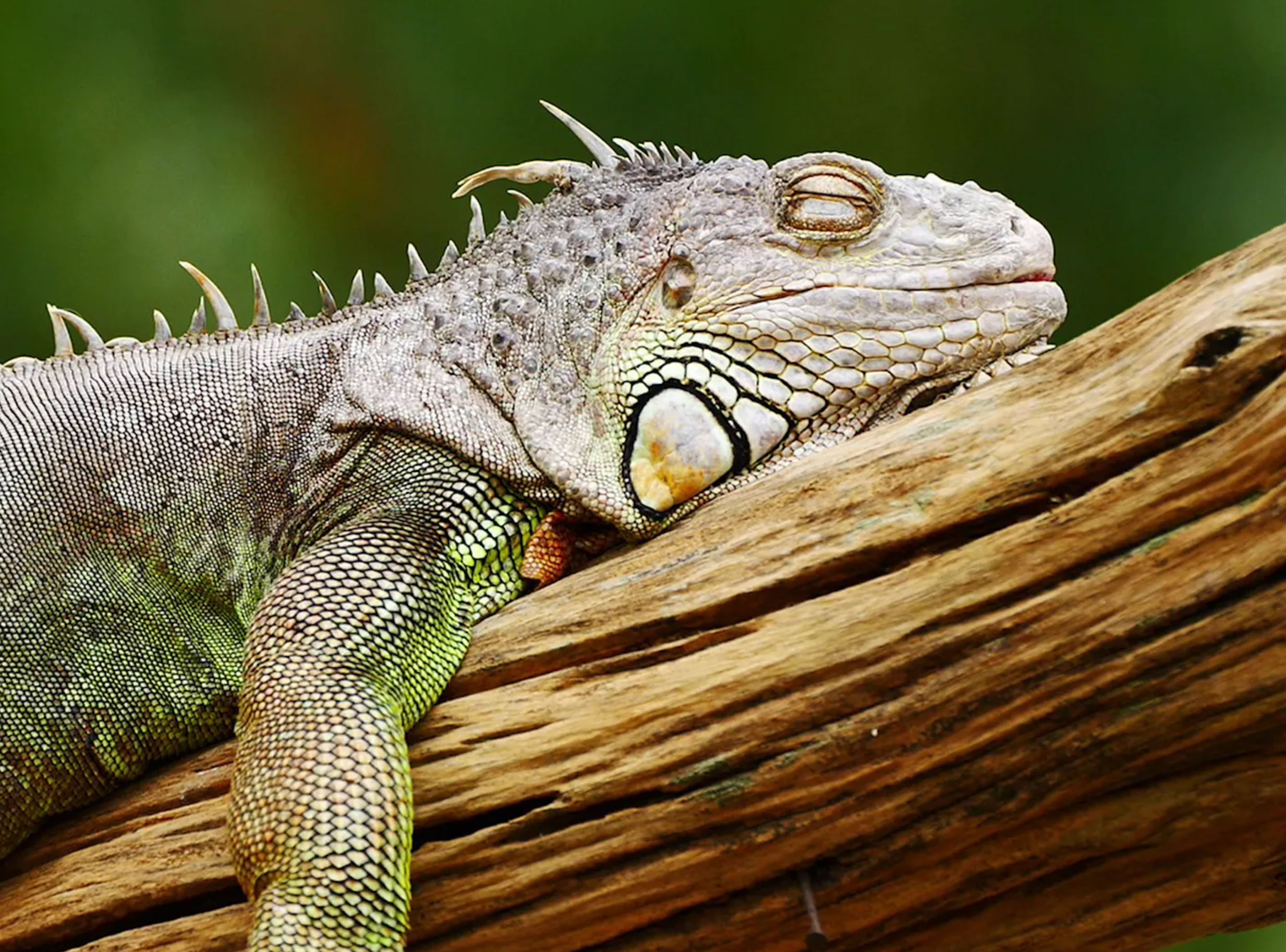
Certain foods can be harmful to iguanas, including animal protein, dairy, and processed foods. Avoid feeding them meat, eggs, or any human snacks. Additionally, spinach and rhubarb contain oxalates, which can interfere with calcium absorption, leading to health problems such as Metabolic Bone Disease (MBD). Knowing what foods to avoid is just as crucial as knowing what to feed..
Calcium And Vitamin Supplements
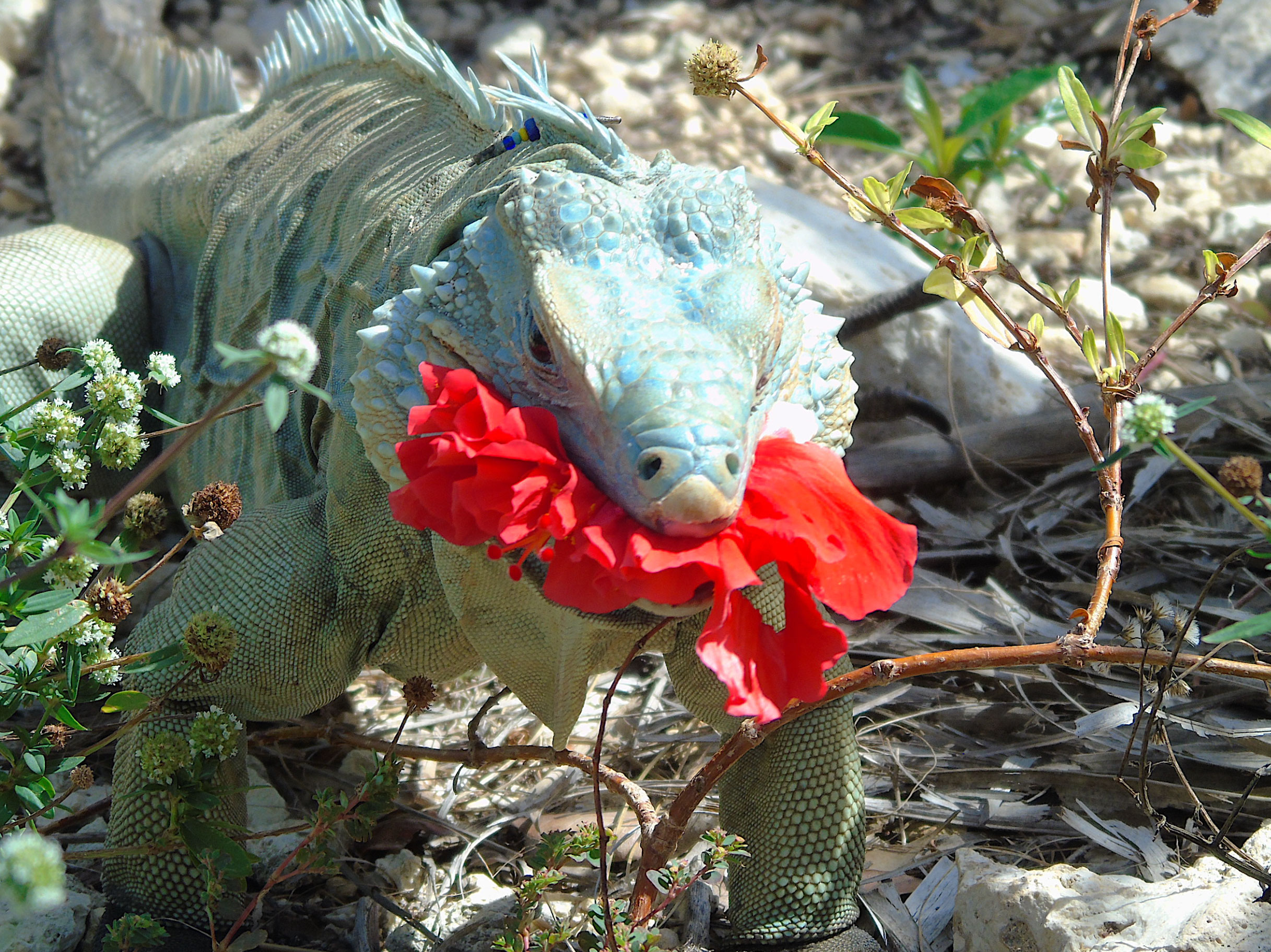
Calcium is vital for iguanas to maintain strong bones and prevent metabolic bone disease. Dusting their food with a calcium supplement without phosphorus is recommended. If your iguana does not receive enough natural sunlight, a vitamin D3 supplement may also be necessary to compensate for the lack of UVB exposure..
Hydration And Water Needs
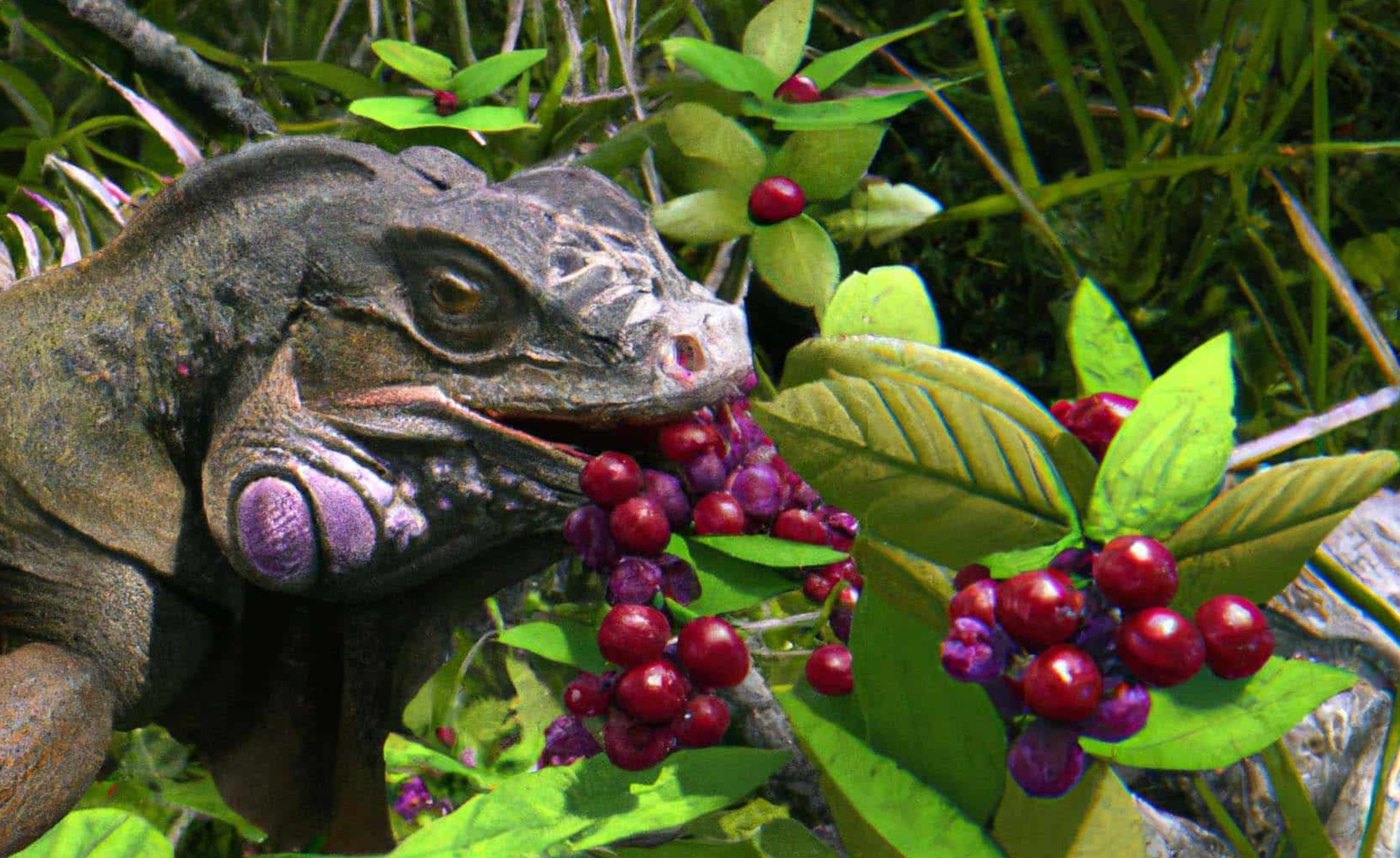
Iguanas require proper hydration to support digestion and overall health. While they obtain water from their food, always provide a shallow dish of fresh water. Some iguanas also enjoy drinking from water droplets, so misting their enclosure can help keep them hydrated. Ensuring they have access to plenty of water prevents dehydration-related health issues..
Creating A Balanced Diet For Your Iguana
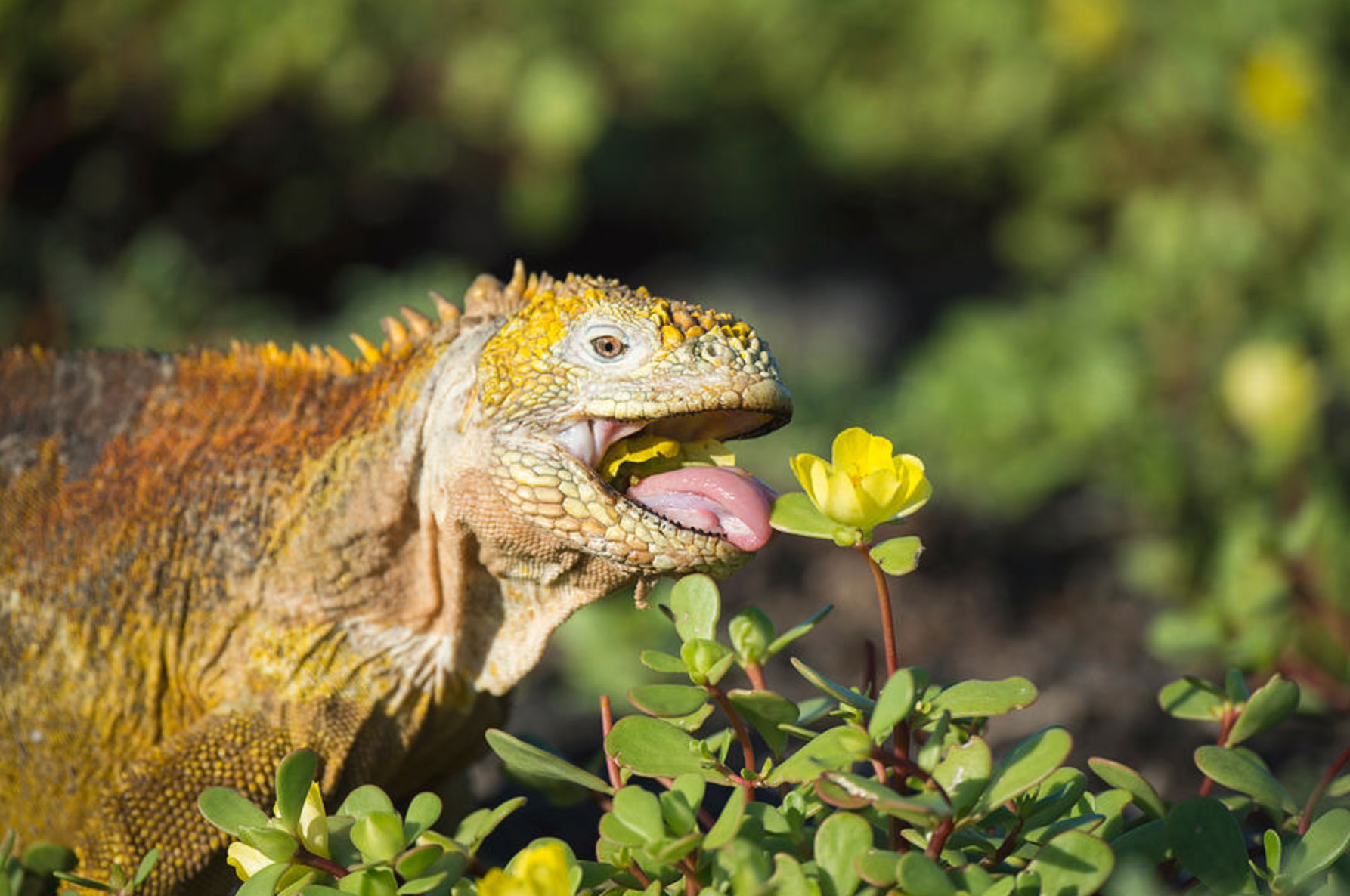
For a healthy iguana diet, aim for a balance of 70-80% leafy greens, 10-20% vegetables, and 10-15% fruits. Regularly rotating their food choices ensures they receive a variety of nutrients. Iguanas thrive best with a diet that closely mirrors what they would eat in the wild. A well-planned diet helps them grow strong and live longer..
A proper diet is essential for the health and longevity of your iguana. By understanding *what do iguanas eat* and sticking to a plant-based diet, you can ensure they receive the right nutrients. Focus on leafy greens, vegetables, and occasional fruit treats while avoiding harmful foods. Providing proper hydration and supplements will further support their well-being, leading to a happy and healthy pet iguana.

